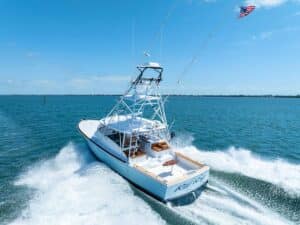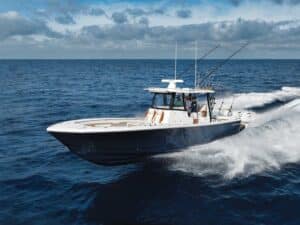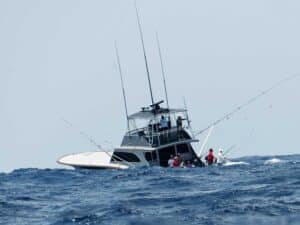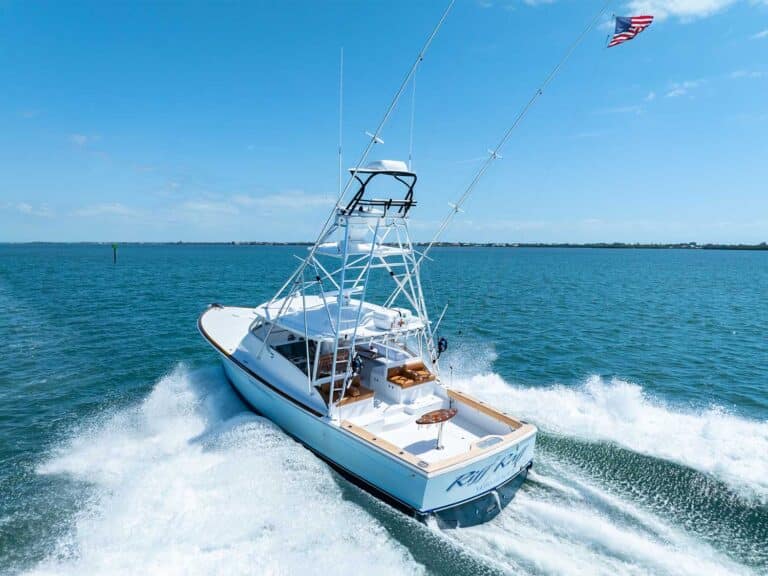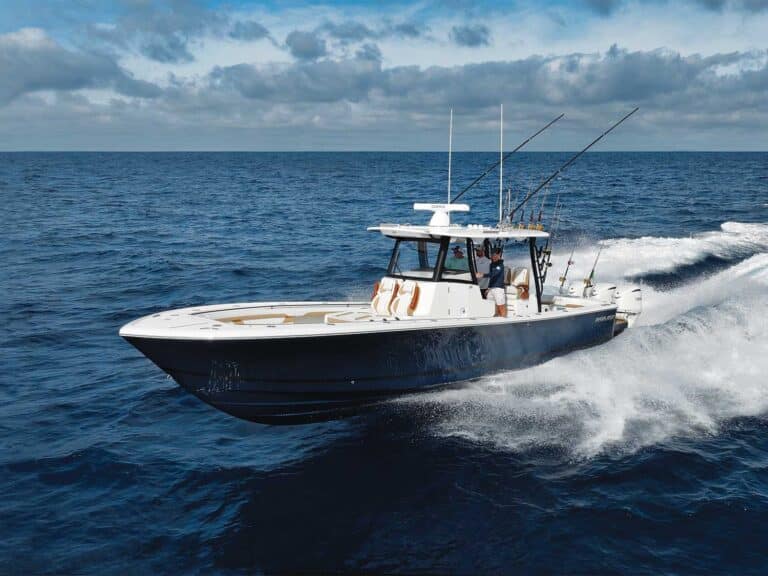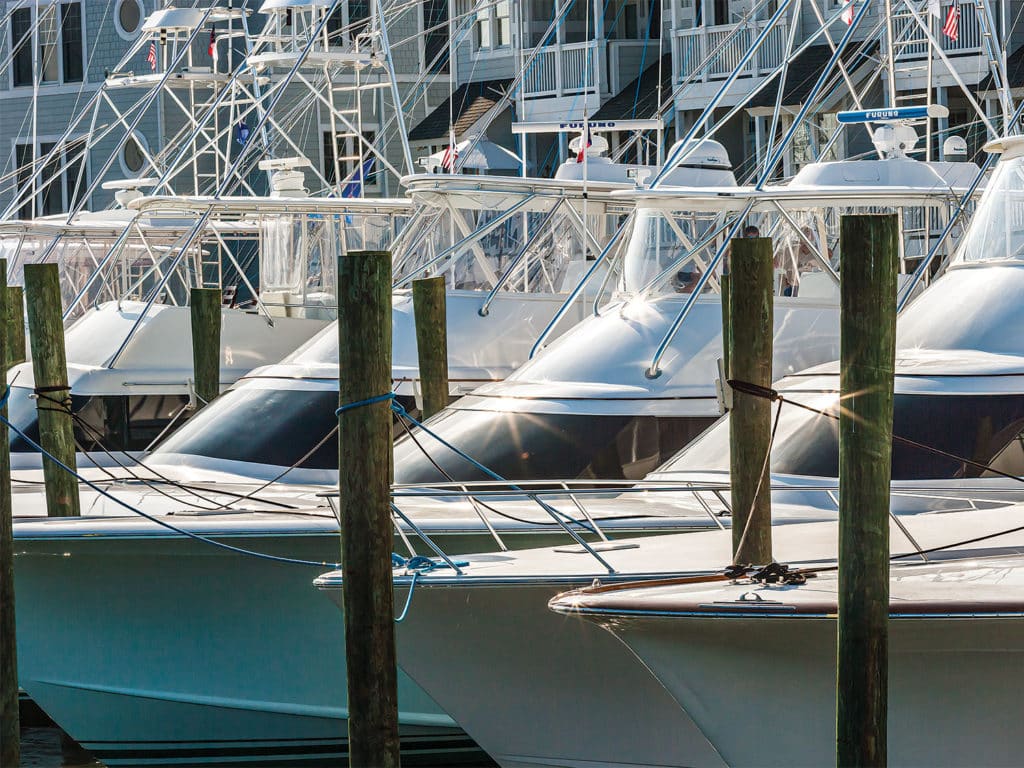
Special delivery: Sign up for the free Marlin email newsletter. Subscribe to Marlin magazine and get a year of highly collectible, keepsake editions – plus access to the digital edition and archives.
A friend of mine purchased a 50-foot sport-fisher this past year and made a comment I still remember: He was more interested in a boat around 60 feet, but he couldn’t buy that large because there was a legitimate shortage of slips in that size range in his area, with demand still growing. This is something I also consistently hear from clients across the United States, whether they are owners of center-consoles, sport-fishers or motoryachts. Indeed, the lack of available dockage is a growing crisis in our industry.
The result of this is that marinas gain leverage over vessel owners as demand for dockage grows and supply remains stagnant. Consequently, the terms of dockage agreements are trending even further toward the side of the marinas. There is generally little an owner can do to negotiate with a marina, but it is certainly important to be familiar with the language in a contract. There are many clauses that owners should be familiar with in a dockage agreement, but perhaps the most aggressive language we are seeing involves the usage of fully leased slips for transient vessels.
Temporary Usage
In a growing number of contracts, marinas are reserving the sole right to rent dockage to transient boaters when the slips are not occupied by the owner, even if for only a few days. The proceeds from the transient rentals typically go exclusively to the marina, with no allowance of any kind to the owner. Oftentimes, the marina also places the responsibility on the owner to inform the marina of his departure and return dates. The contract might also specifically indicate that the marina cannot guarantee the availability of the owner’s slip upon his return if proper notice was not provided, even if travel plans changed as a result of mechanical or weather-related issues.
I have been around the boating industry most of my life, and I can only imagine how furious an owner or captain would be if they arrived back to their marina to find another boat occupying their slip, especially if there was no other dockage available. Imagine you rented a condominium as your primary residence, and you returned home from a trip to find other people using your kitchen and sleeping in your bed.
Of course, a boat slip does not equate to a home, but it sheds light on the extraordinary nature of the circumstances when put in a different context. Perhaps this type of language will become common practice, but this scenario seems grossly unfair to an owner who has fully paid for his dockage without having his own right to sublease the slip.
Unjust Enrichment
The question remains whether such a provision is enforceable. Public policy strongly favors the enforcement of contracts, so courts are reluctant to void an agreement that the parties had an opportunity to negotiate. It is possible that such a clause would remain enforceable. However, this particular scenario has the makings of unjust enrichment, which occurs when one party profits or is enriched at the expense of another. In this case, the owner has fully paid for his boat’s dockage in accordance with a lease, yet the marina is collecting additional funds from transient boaters without promising a slip to the party with whom it has a contract. This seemingly results in the marina double-dipping, which is often considered a form of unjust enrichment.
What Can an Owner Do?
I anticipate this type of language will remain in dockage agreements until it affects an owner who is willing to spend the time and money on attorney’s fees to fight it in court. Of course, whether such language is enforceable in a court of law does not immediately help an owner who returns to their marina without a slip. Also, the last thing most owners and captains want to do is create tension with a marina’s management personnel.
Read Next: Meet the man behind the iconic Jarrett Bay brand: Randy Ramsey.
The most important thing an owner and his captain can do is read every marina contract in its entirety, and be sure they understand the language and the obligations put on them as the lessee. In my opinion, this type of language is profoundly inequitable to owners who pay for annual rights to their slip. However, marinas will remain in a strong position as demand continues to grow, so becoming familiar with the dockage agreement is the best way to avoid a difficult situation before it arises.
Raleigh P. Watson is a contributing author, and a Partner at Miller Watson Maritime Attorneys.
